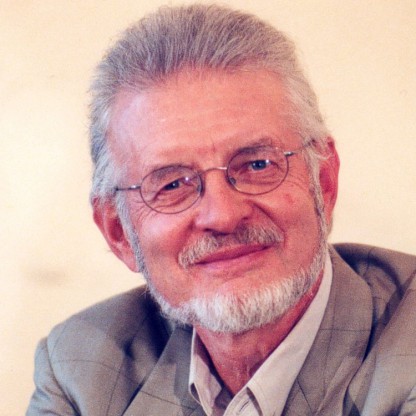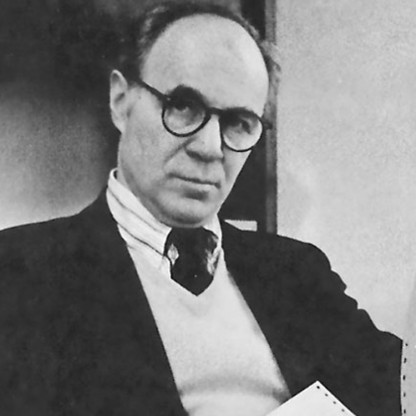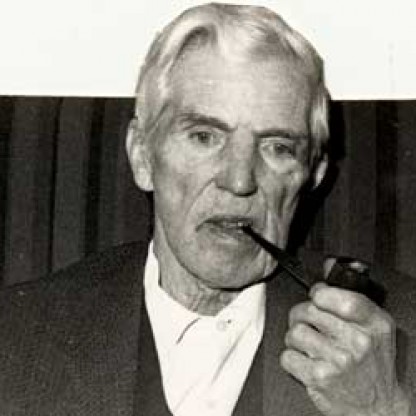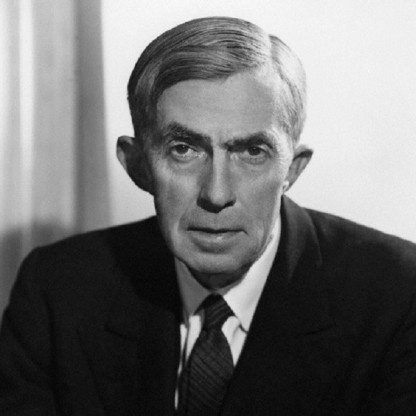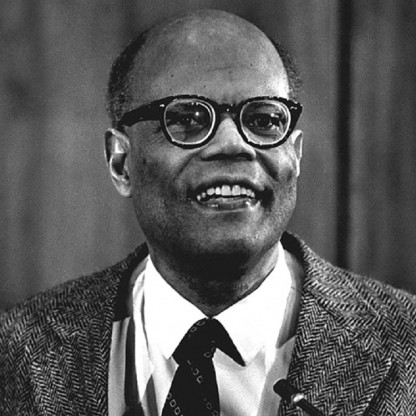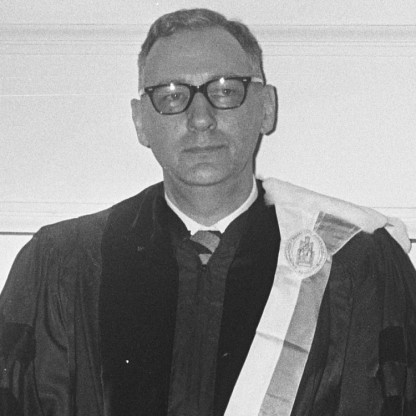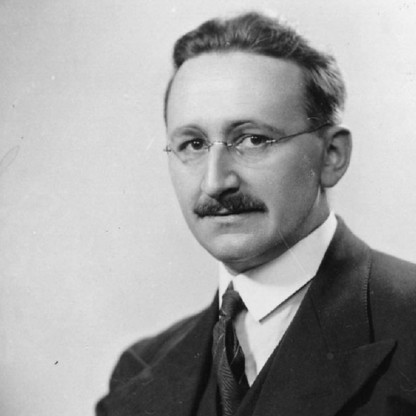In January 2011 McFadden was appointed the Presidential Professor of Health Economics at the University of Southern California (USC), and the announcement of this appointment was published on January 10, 2011. McFadden will have joint appointments at the USC Price School of Public Policy and the Department of Economics at the USC Dana and David Dornsife College of Letters, Arts and Sciences to examine fundamental problems facing the health care sector, looking specifically at how consumers make choices about health insurance and medical services.
